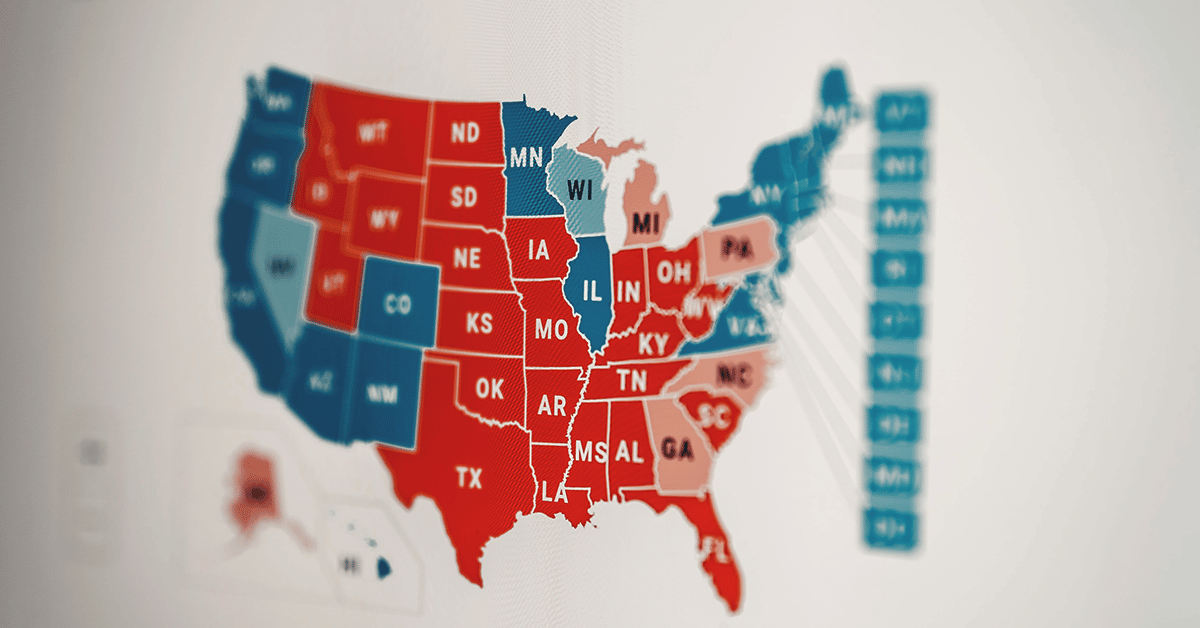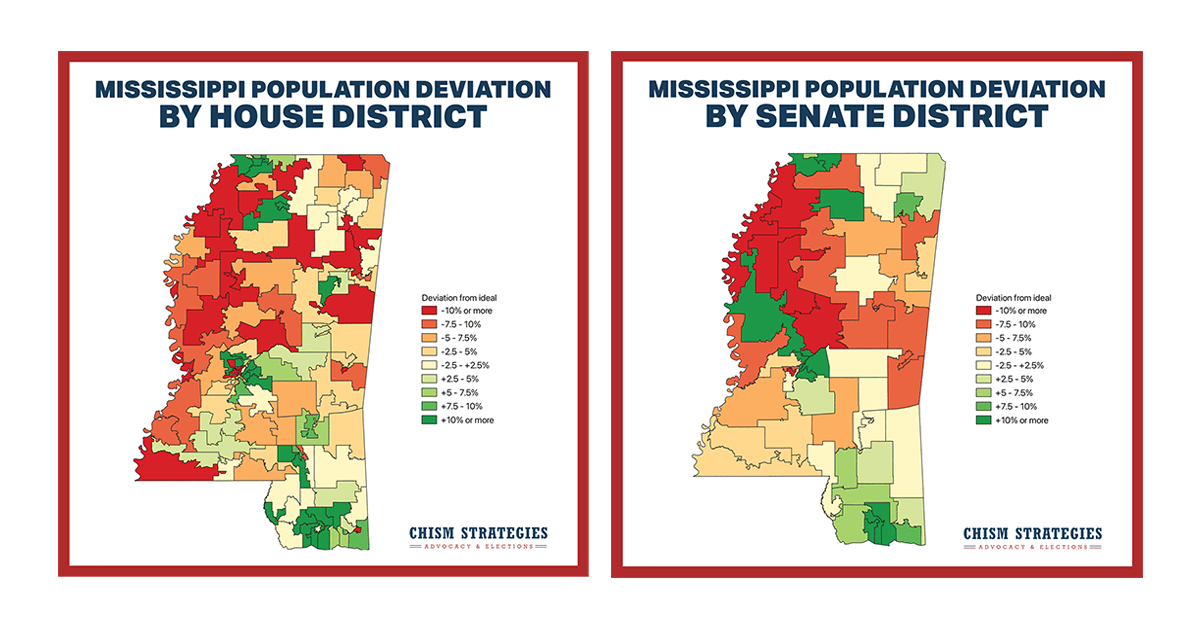If you began your holiday weekend early, you may have missed some very useful information released by the Pew Research Center on digital technologies in 2021. Here’s our quick take on their most interesting findings.
Brannon Miller, Author at Chism Strategies - Page 3 of 6
Maricopa County (Phoenix and its surrounding suburbs) accounts for roughly three-fifths of Arizona’s voters. After supporting Republicans in every election between 1952 and 2016, the county opted for Kyrsten Sinema for the US Senate seat in 2018 (in spite of a 6% win for the GOP governor) and in 2020 went for Mark Kelly for Senate and Joe Biden for President.
We’ve read dozens of insightful year-in-reviews of the American political landscape and offer this summary: the American electorate is universally grumpy.
When I was on the campaign trail in 2019, I stepped off the stump to a smattering of lackluster handclaps. A veteran candidate who had seen my speech approached to share some sage advice. “They don’t care how much policy research you did — they just don’t care that much,” he said. “Unless you find a way to talk about what makes them angry, they won’t.”
On Monday night we had a school board meeting with one attendee. In another district, a friend’s board meeting “was packed - with signs and everything.”
The weekend after the Virginia governor’s election, I read an op-ed in the New York Times about death threats directed at school board members over decisions they made about vaccine mandates, masking, and Critical Race Theory (CRT). As a parent, School Board member, and Democratic political consultant, the piece pushed me to think about why we’re seeing the kind of behavior we are from parents across the country.
Phonebanks are seldom referenced in news stories about campaign messaging and tactics. When done right, phonebanks can be downright boring—there is no thrill in the third or fourth call to a committed supporter who has yet to fulfill a promise to vote, reminding them of the last conversation about mail ballots and nudging them once more to do the right thing.
We’ve conducted three surveys in Red States over the summer, measuring voter opinions on public policy options to address the Covid 19 Delta Variant. Our most recent work for Millsaps College was in Mississippi – the state with the third highest death rate from COVID and currently leading the world in new COVID cases per capita.
The U.S. Census Bureau released detailed information on Mississippi. Our Chism Strategies Director of Voter Targeting, Brannon Miller, did a quick analysis on the implications toward redistricting.
In late May, the EEOC updated rules about requiring vaccines to return to work. While employers can require in-person workers (but not remote workers) to get vaccinated, there are limits.











